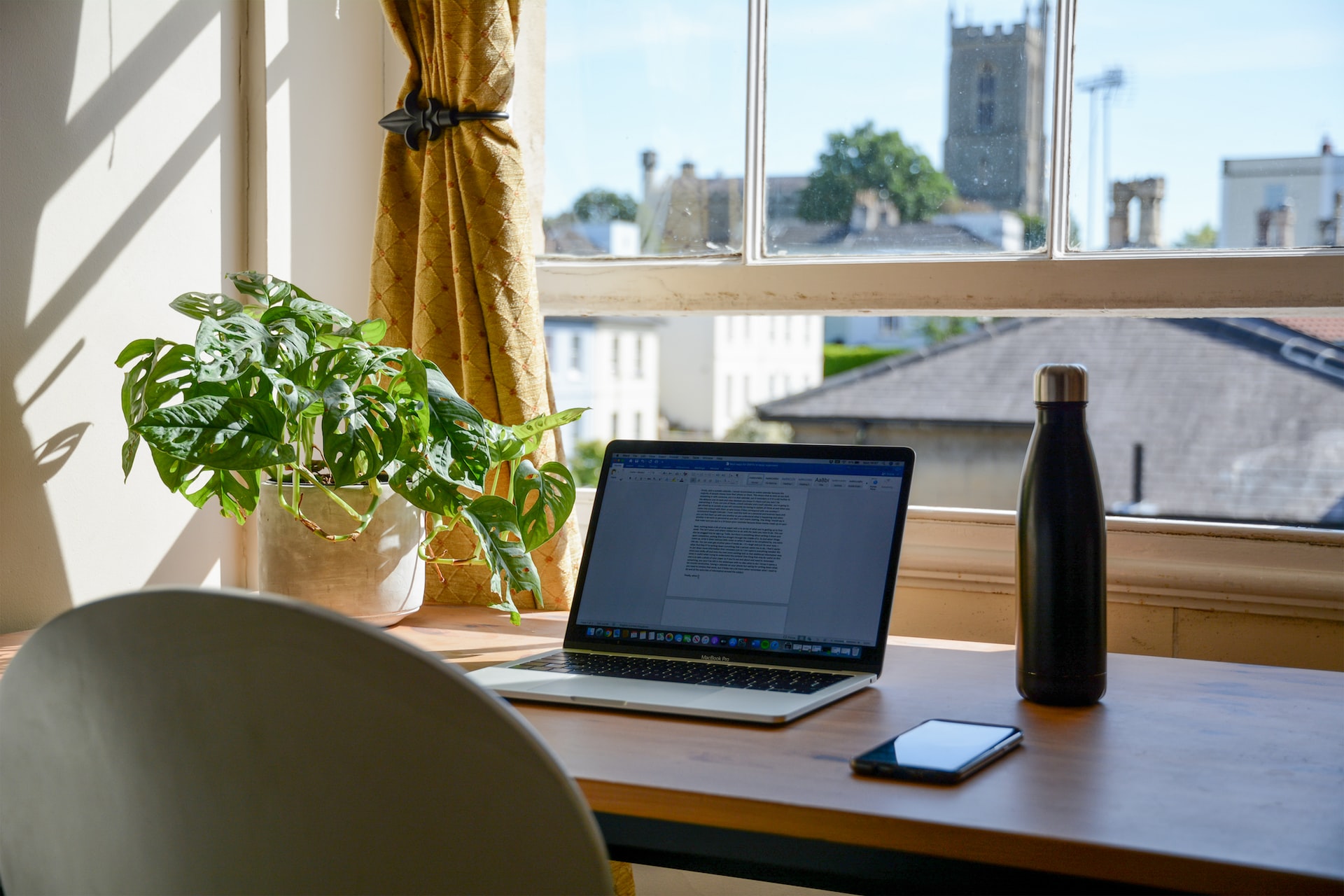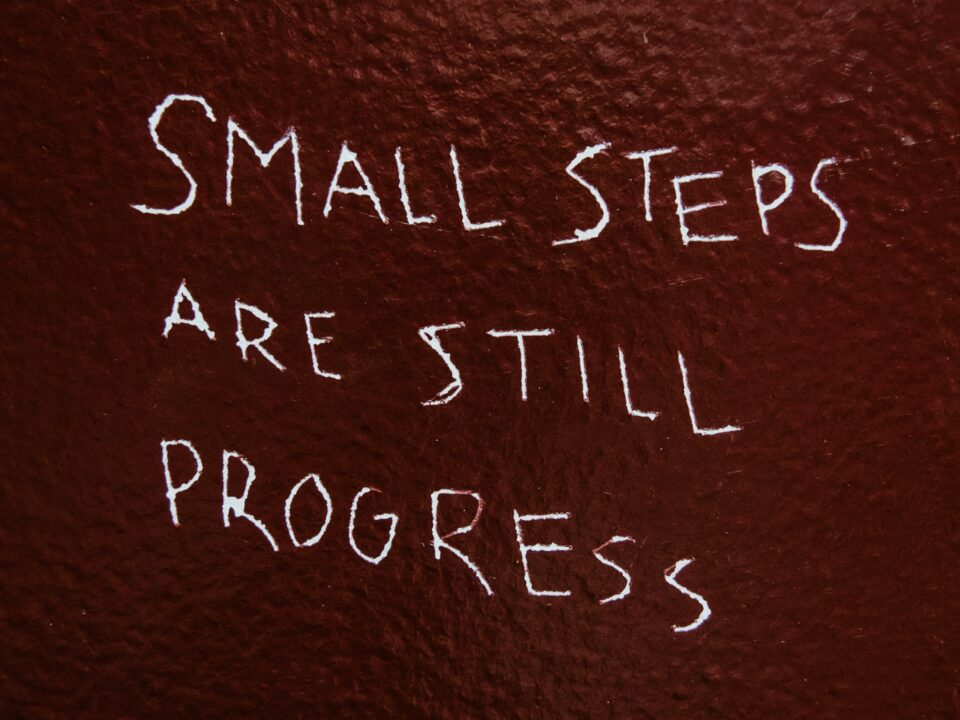
Four ways to enter a flow state of mind
April 4, 2023
The power of marginal gains: small changes for long-term success
June 1, 2023We’re all guilty of putting things off or overthinking situations, but how do you stop procrastinating and get more done at work? First, we need to understand what procrastination is and why we do it.
What is procrastination?
Procrastination is a common problem, causing stress, anxiety, and often a sense of guilt. Dr Piers Steel, one of the world’s pre-eminent researchers on procrastination, defines it as ‘the voluntary postponement of an unpleasant task, often against one’s better judgement.’
If you spend your time dragging your feet and delaying the inevitable, you’re not alone. According to a study by Legal and General, over half the UK (52%) believe procrastination has affected their life in one way or another.
But why do we do it?
In David Rock’s book Your Brain at Work, he explains three main reasons why people tend to procrastinate:
- Lack of clarity. This is when we are unsure of what needs to be done, or how to go about doing it. We might put it off to avoid the stress of figuring it out
- Fear of failure. We could avoid starting a task because we’re afraid of not being able to do it perfectly, or of failing altogether. This fear can lead to procrastination as we steer clear of the task to avoid the potential outcome
- Overwhelm. This happens when we’re faced with a task that seems too big or too difficult. Our brains can get overwhelmed, leading us to procrastinate. Often this is because we have too many tasks on our plate, or we feel like we don’t have the resources to complete the task effectively
Appreciating why you procrastinate can help you develop ways to overcome it and become more productive with your time.
Ways to overcome procrastination and be more productive
So, what can we do to stop spiralling into procrastination? The Getting Things Done (GTD) method created by David Allen, gives several strategies for overcoming procrastination and increasing productivity:
Capture and clarify
Make sure you write down all projects, tasks and information in a central place so they aren’t taking up brain space.
Organise and prioritise
Categorise your tasks based on their importance and urgency and prioritise them appropriately. You can find out how to do this exercise in our ‘Prioritising your workload for personal effectiveness’ blog.
Reflect
Review your task list on a regular basis so you can see where you are making progress and how far you have come.
Engage
Focus on one task at a time, and work deliberately and efficiently to complete it. Turn off emails and social media. You’ll soon find your flow with no distractions.
Keep things in perspective
Don’t get bogged down by small details. Instead, focus on the bigger picture and what is most important.
Maintain a positive outlook
Don’t be your own worst enemy. Avoid negative self-talk and keep a positive mindset, even when faced with challenges.
Get support
Get support from friends, family, or a career coach to help you stay motivated and focused.
Final thoughts on how to stop procrastinating
By following these strategies, you can master your procrastination and increase your productivity by focusing on the tasks that are most important and giving yourself the space and time to complete them effectively.
Do you need support to stop procrastinating at work and get more done? Cube Learning and Development delivers tailor-made training and development programmes for your teams along with personal coaching to help with effective communication and presentation. For a no-obligation chat about this and our other training, call Chris Burton on 07879 602002.
Featured image courtesy of – Unsplash – Priscilla Du-Preez




